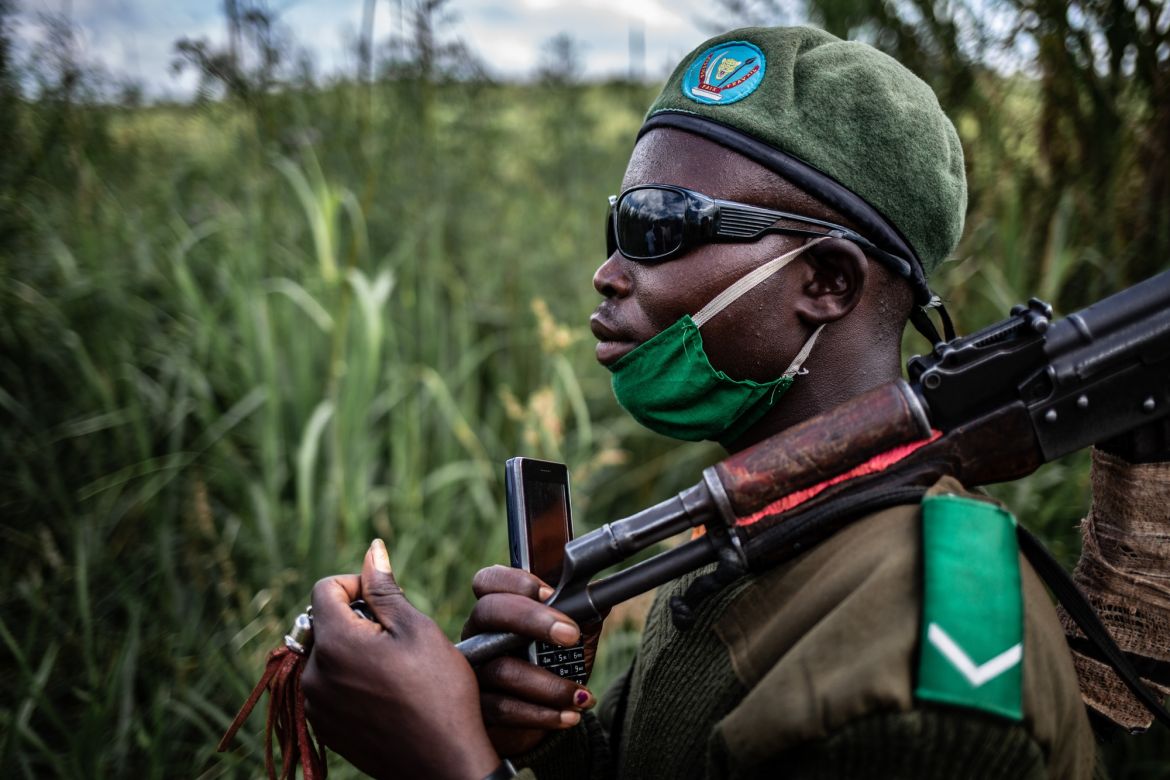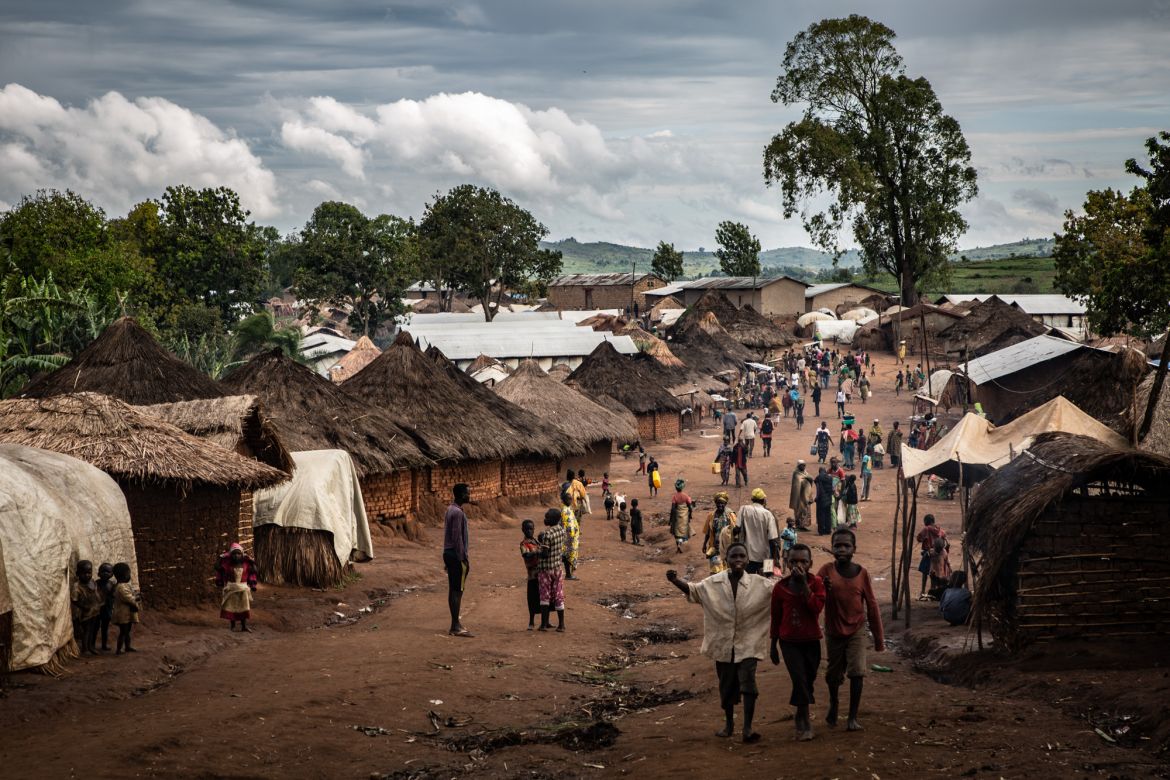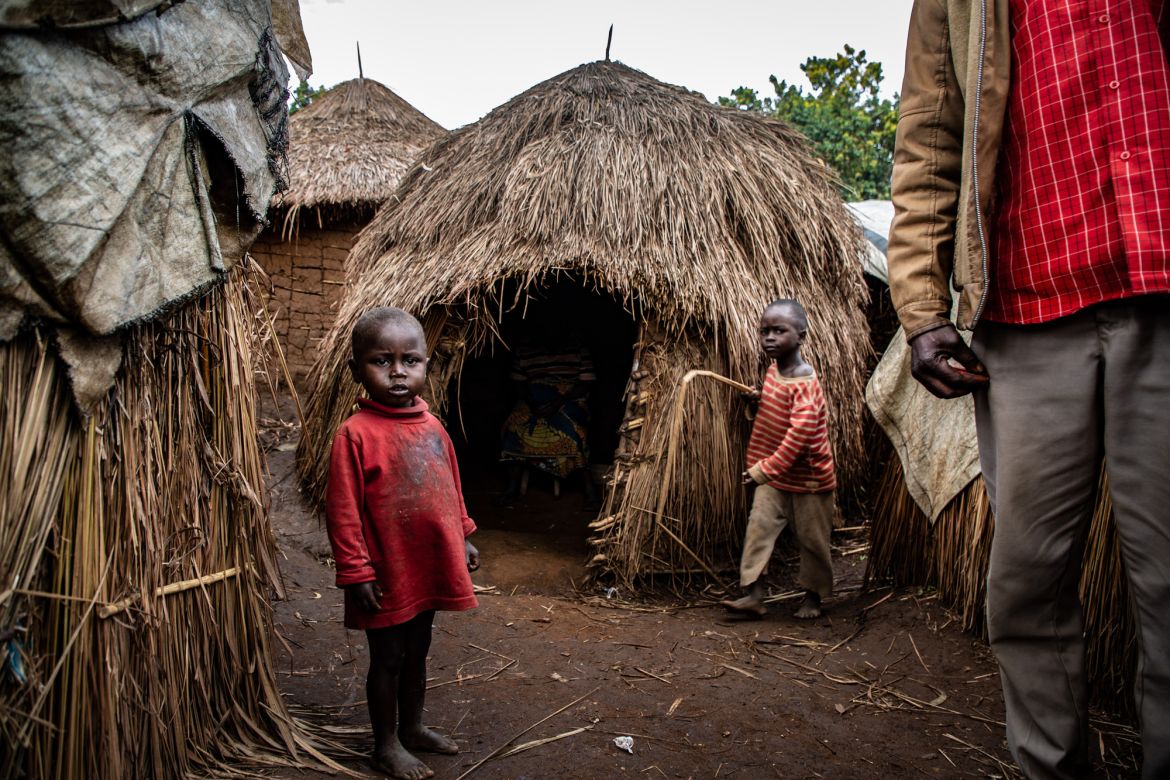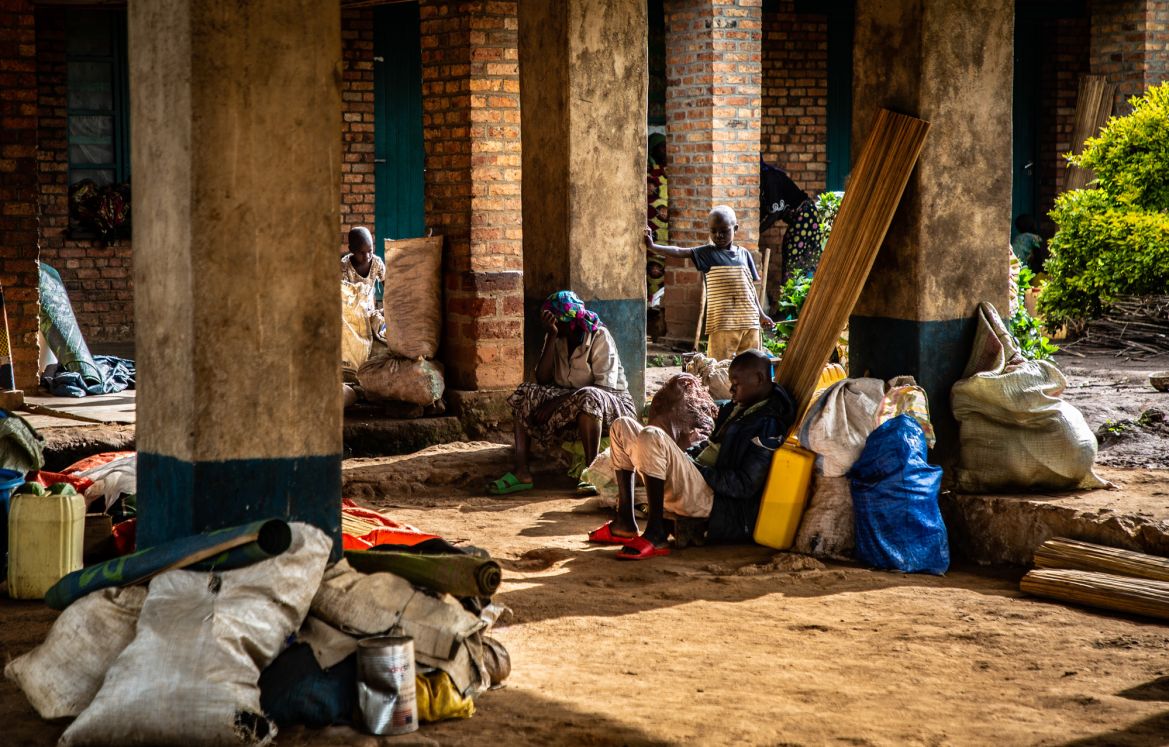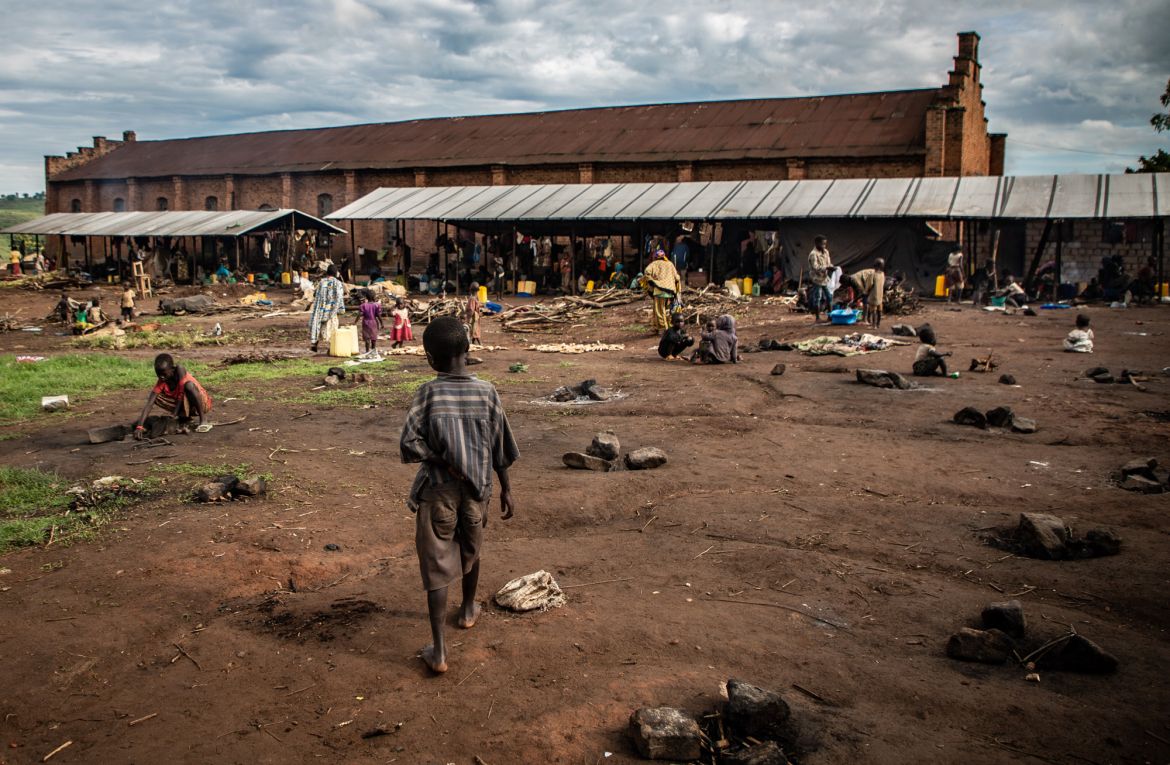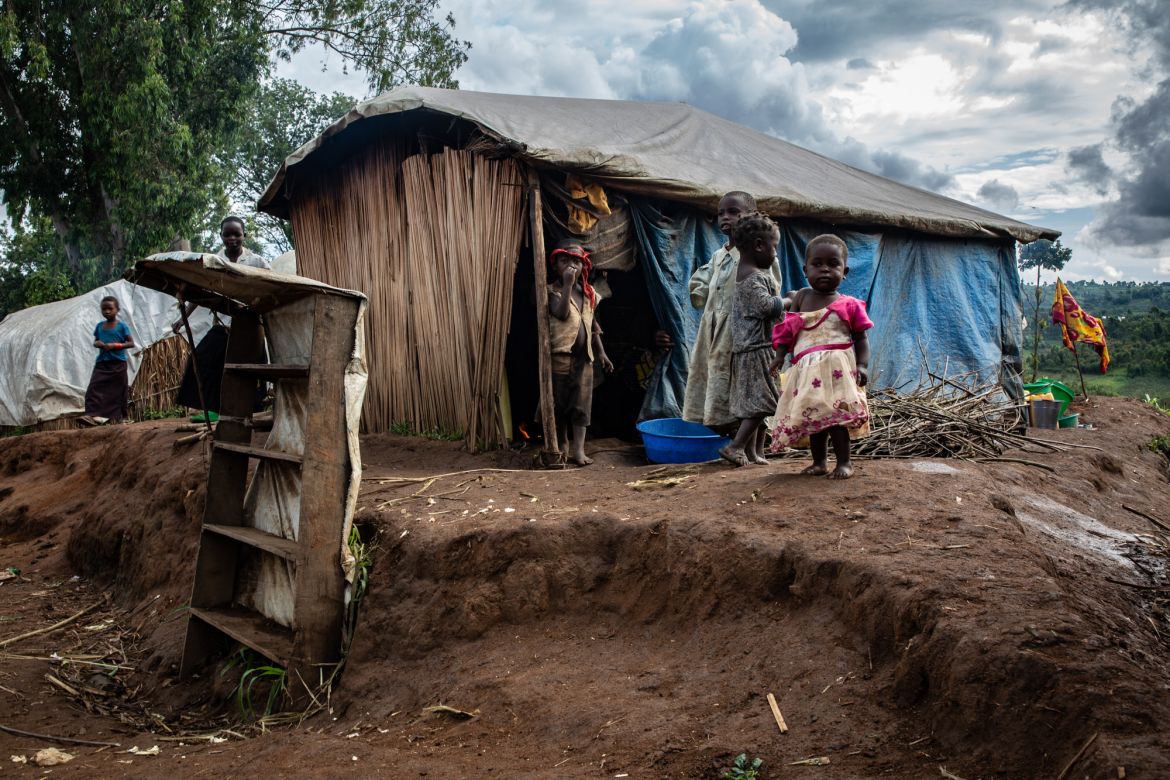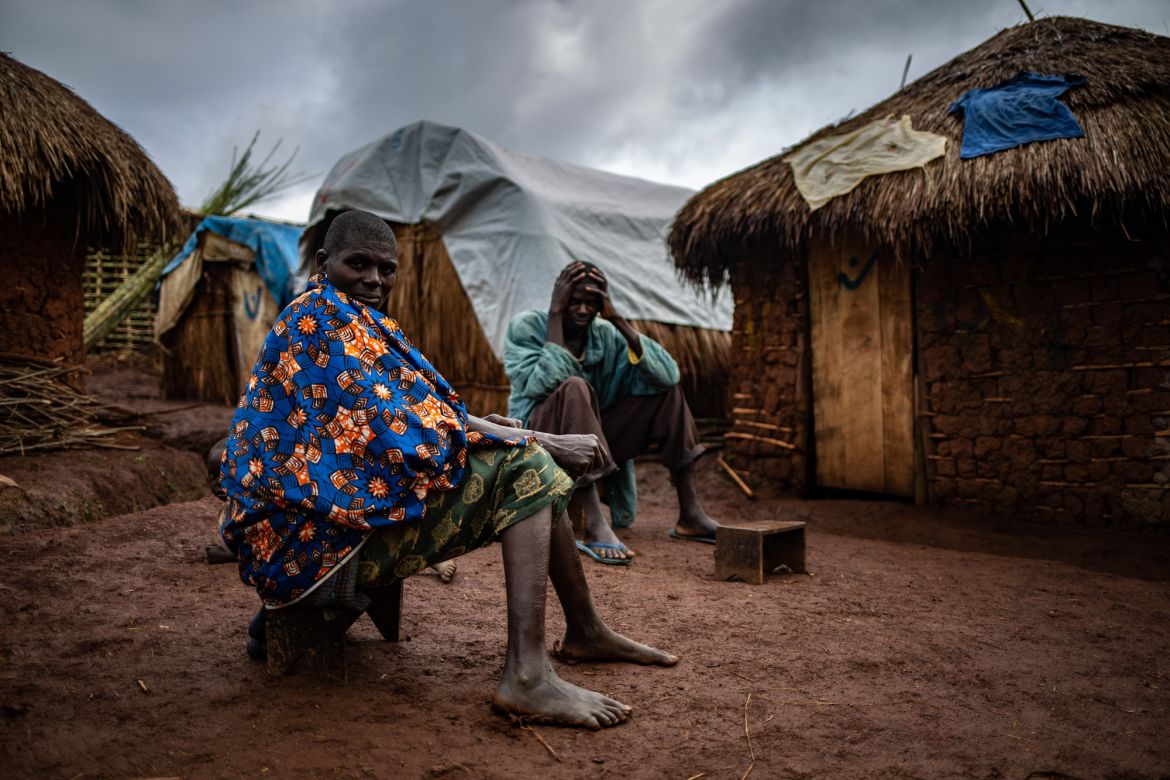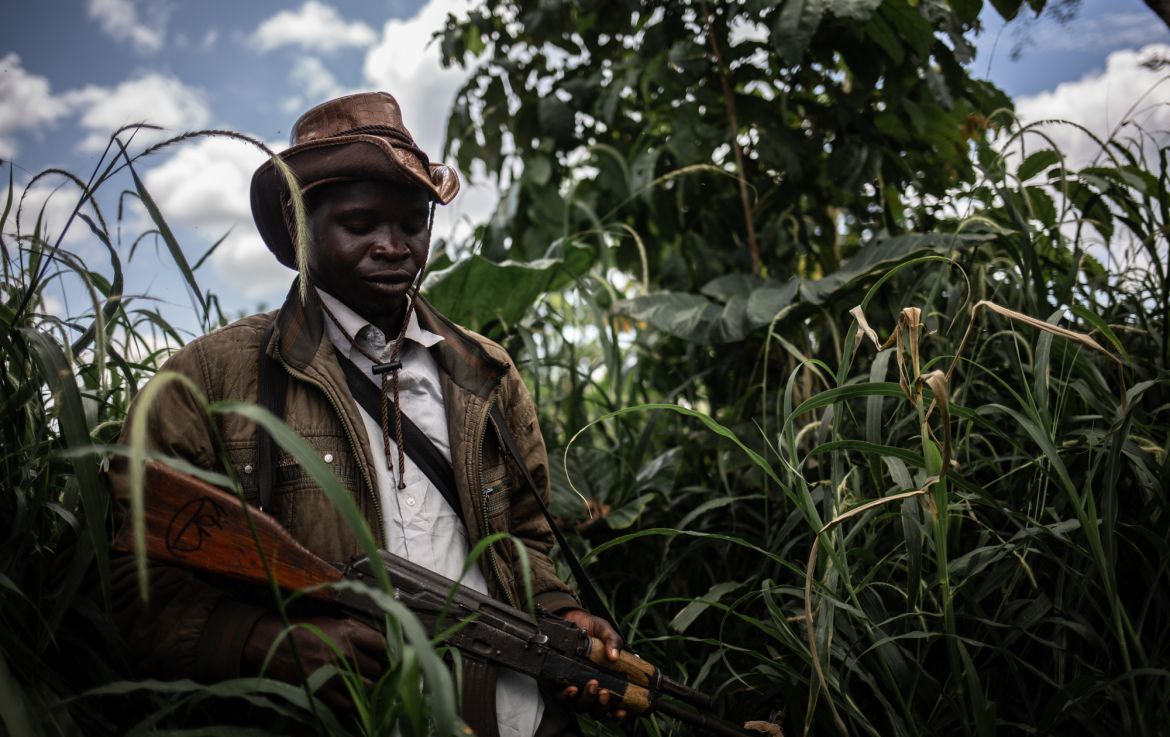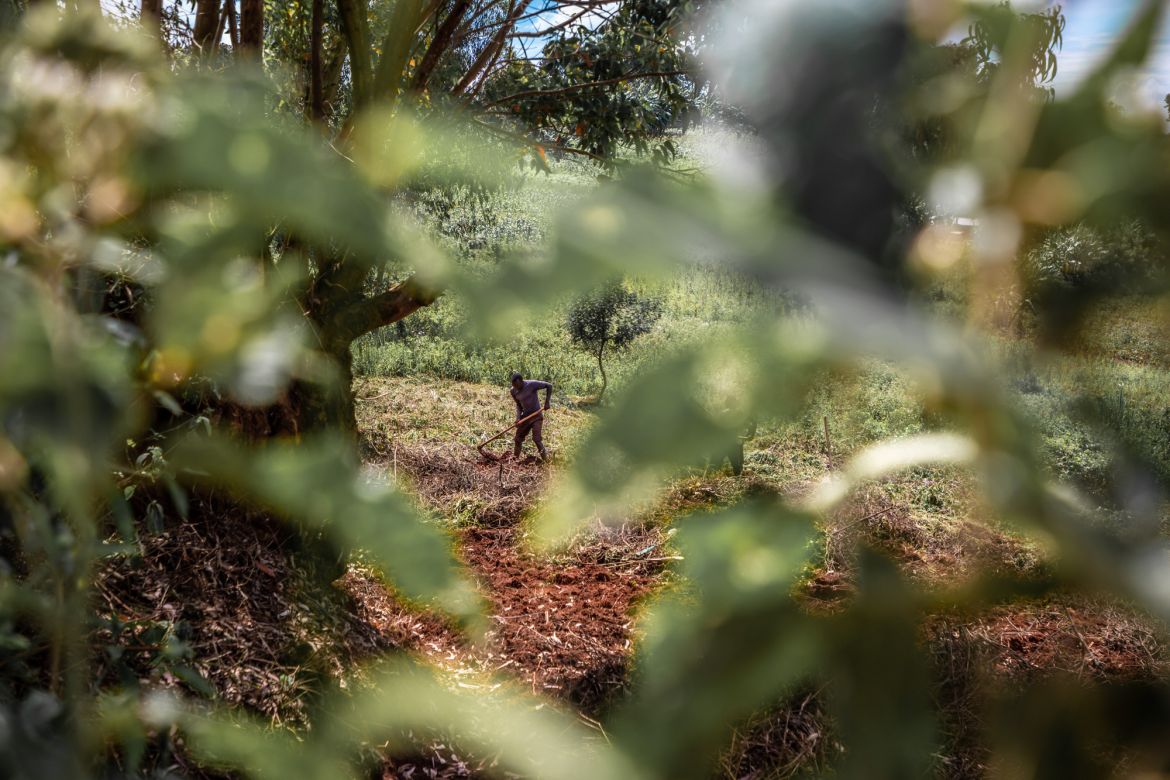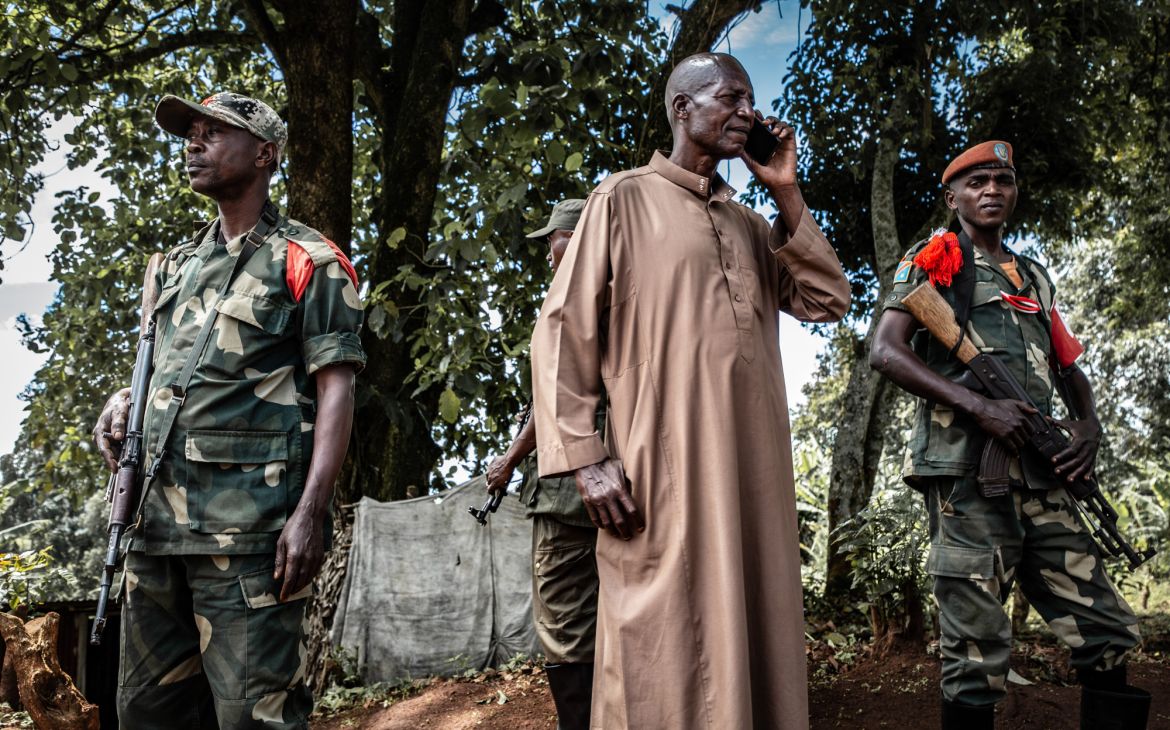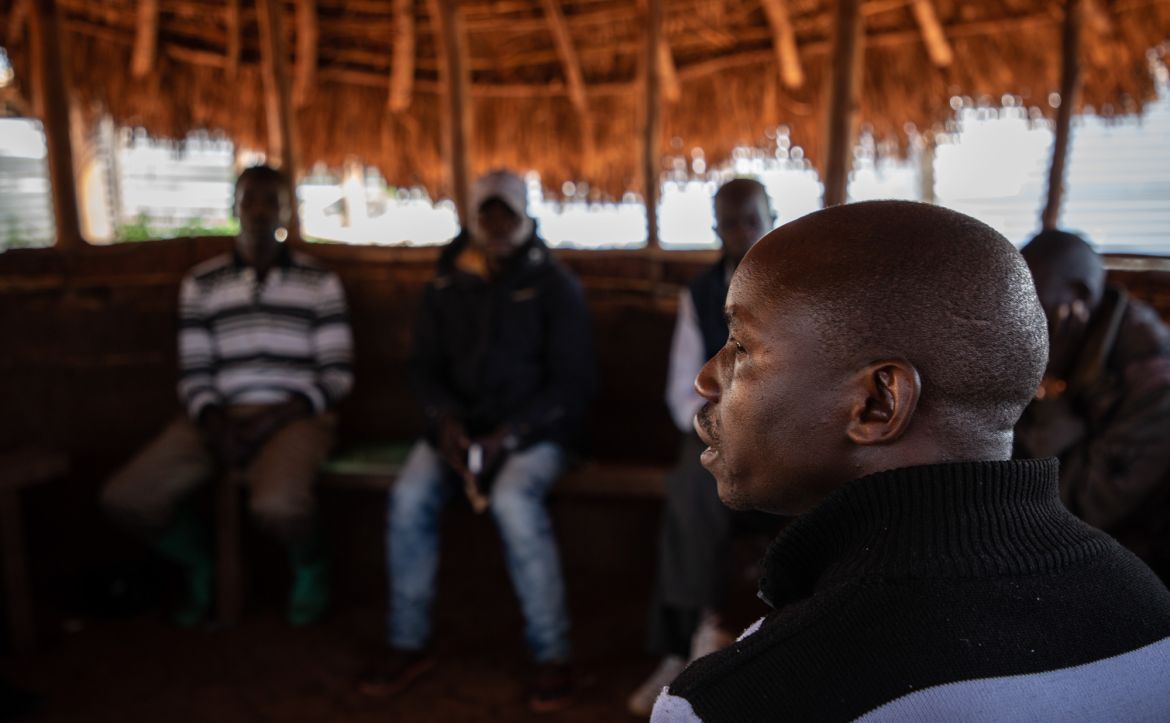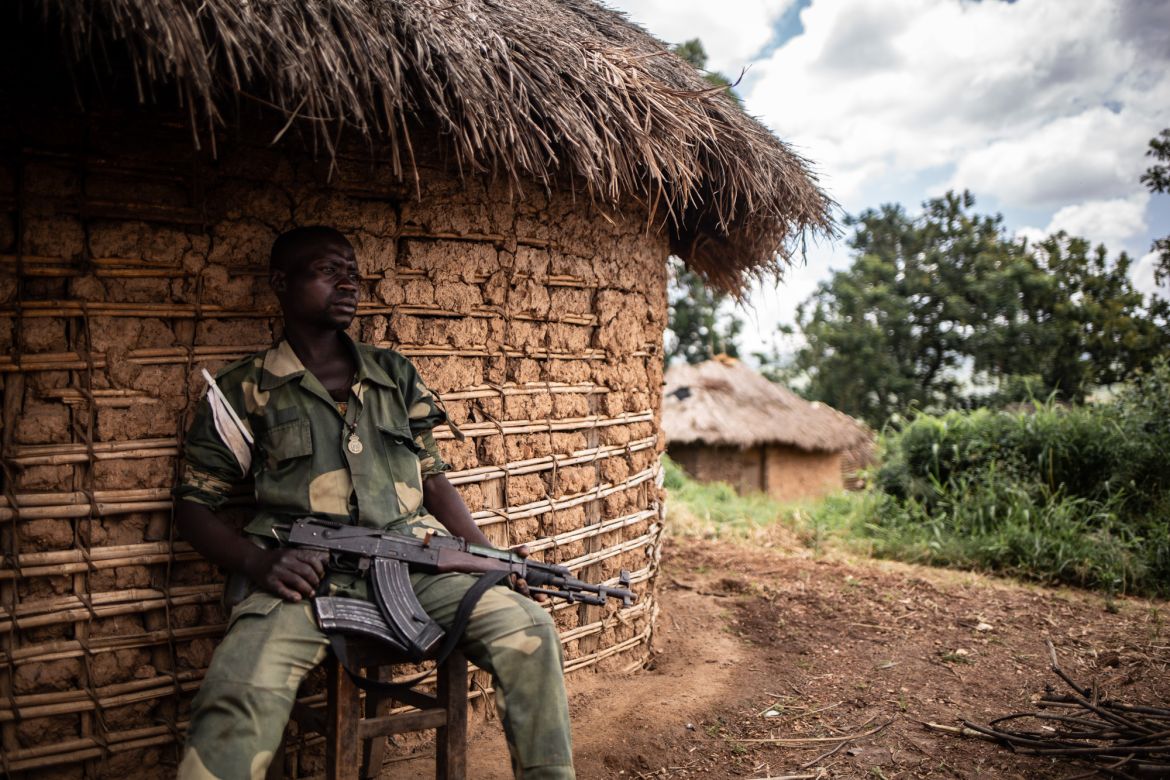In Pictures
In Pictures: ‘No safe place’ as violence grips DR Congo’s Ituri
Violence has resurfaced in vast country’s northeastern province, forcing hundreds of thousands of people on the run.
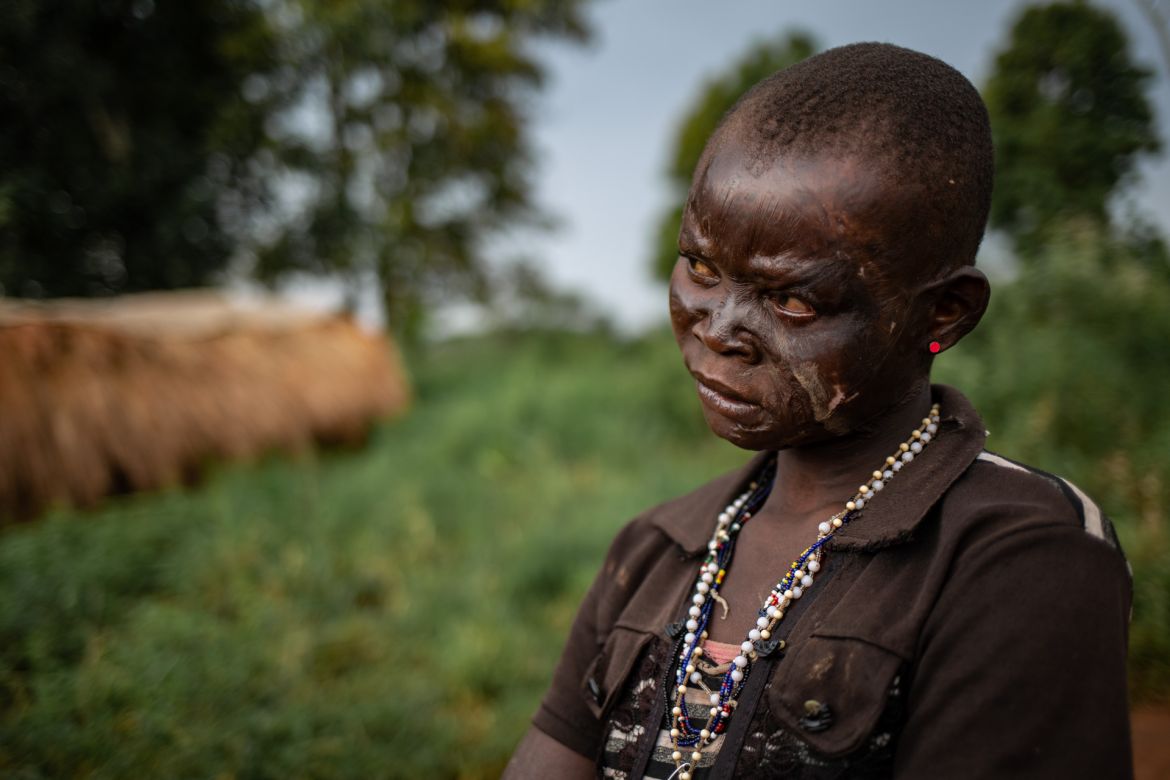
Ituri province, Democratic Republic of the Congo – Severely burned to the face and body, Anne is looking on what is left of the charred houses in her village.
“We were hiding inside when they locked the door and set the house on fire. I fell in the fire and burned my face and my arms. I am the only one who survived,” she says.
The United Nations says at least 647 civilians have been killed in such attacks on villages in Ituri province, in eastern Democratic Republic of the Congo (DRC), since May 2020.
Long-lasting intercommunal grievances over land ownership between Lendu and Hema, the largest ethnic groups in Ituri, are again pushing the two communities into a deadly spiral of violence amid a rapidly deteriorating situation that has seen armed groups carry out increasingly indiscriminate attacks.
The destruction of homes, fields, loss of livestock and numerous human rights violations have displaced more than 843,000 people in the last year.
The Lendu are largely farmers and hunters, while the Hema have historically been pastoralists.
For several decades, tensions have prevailed between the two communities over control of land and resources. During the era of Belgian colonisation, authorities pursued a discriminatory education policy in favour of the Hema, who gained power and influence beyond their demographic weight. After independence in 1960, Hema elites were able to take over a great deal of land.
The violence in Ituri has often been characterised solely by its communal nature, but land disputes are part of the fundamental causes in this rural province. While peace negotiations are at a standstill, villages are burned, women, men and children are raped and maimed.
